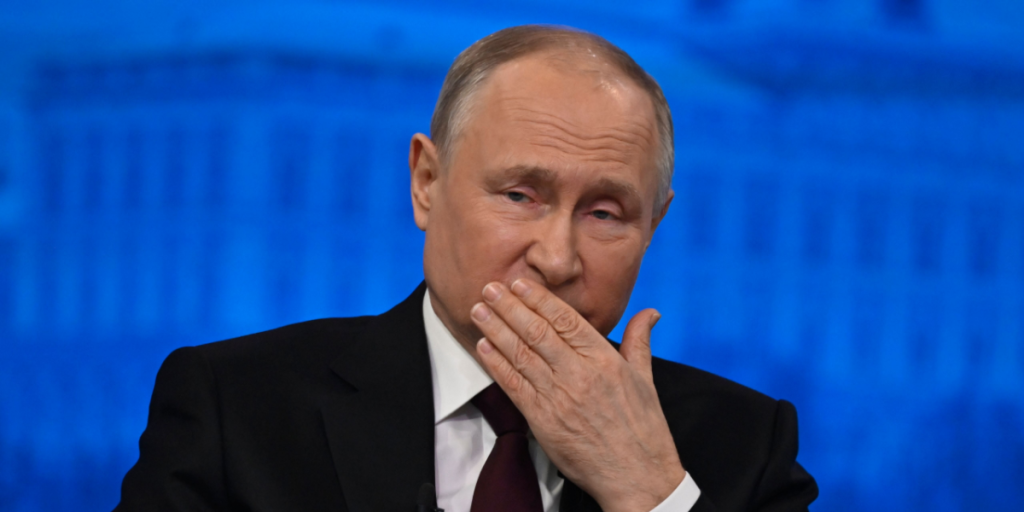Kenyan authorities have broken up a human trafficking network accused of luring young men to Russia with fake job offers.
Others are reading now
Kenyan authorities have broken up a human trafficking network accused of luring young men to Russia with fake job offers.
Sending Africans to fight for Putin

Instead of legitimate work, the recruits were being prepared for frontline service in Ukraine.
Investigators said the operation revealed how far the Kremlin is going to source new fighters.
Men rescued from a Nairobi apartment

Detectives from Kenya’s Directorate of Criminal Investigations discovered 21 men crammed into a residential flat on the outskirts of Nairobi.
They had already handed over their passports and signed “recruitment letters” for supposed jobs in Russia.
Also read
Police believe they were days away from being flown out.
Promises of lucrative jobs turned to conscription
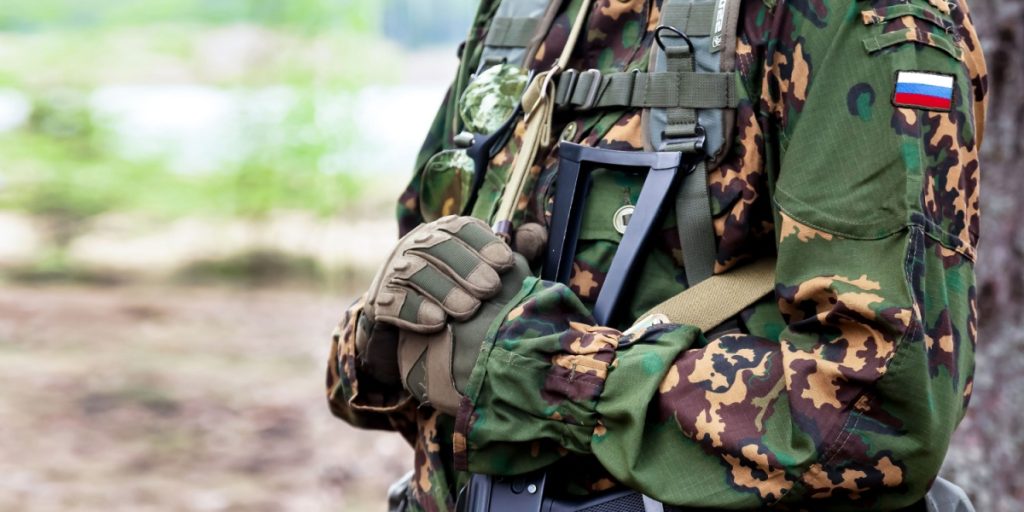
According to Kenyan officials, the victims were told they would earn high salaries for work in Russia.
Instead, they were being lined up to fight in Vladimir Putin’s war.
This is not the first time such a scheme has been exposed, with similar complaints from other countries including India.
Thousands of pounds paid for visas and travel

The would‑be recruits had reportedly been charged around £9,000 each for visas, flights and accommodation.
Also read
Many had borrowed heavily to fund the trip. Kenyan media say some families are now facing debts even as their relatives recover from trauma or injury.
Africans already on the Ukrainian front line
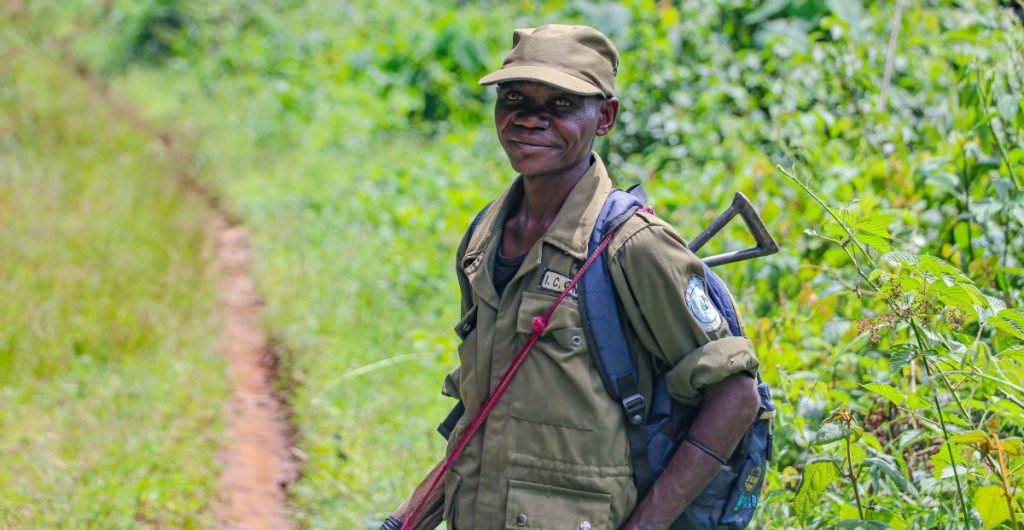
The BBC has reported that Kenyans have already been seen on the front line in Ukraine.
One young man told Ukrainian troops he had been an athlete before being tricked into joining the Russian army.
Others from Somalia, Sierra Leone, Togo, Cuba and Sri Lanka are also believed to be fighting or held as prisoners of war.
Some return home injured, many never return
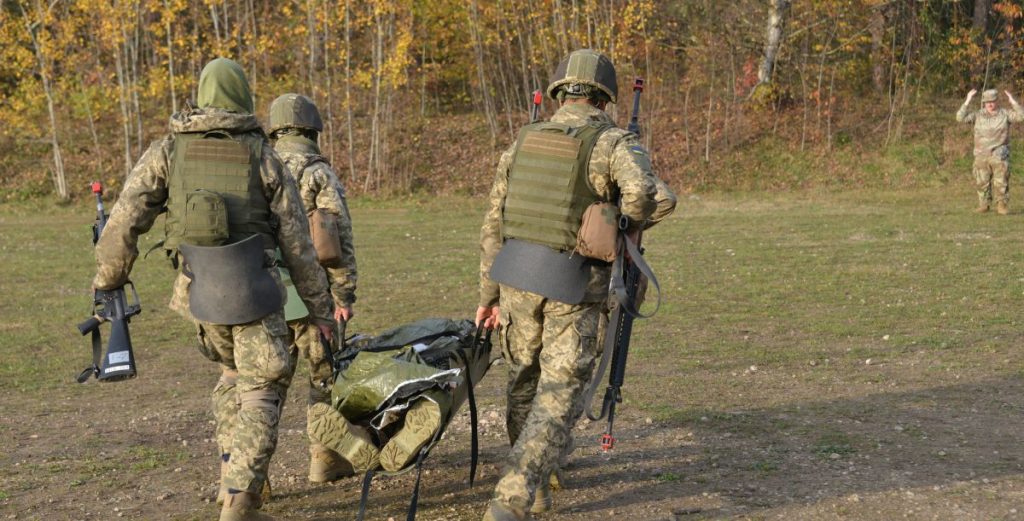
Kenya’s Saturday Standard newspaper reported that two men recently came back from fighting in eastern Europe.
Also read
One was admitted to Kenyatta National Hospital with serious injuries.
Reporters say many others simply disappear, presumed dead or missing in action.
Ukraine’s view on captured foreign fighters
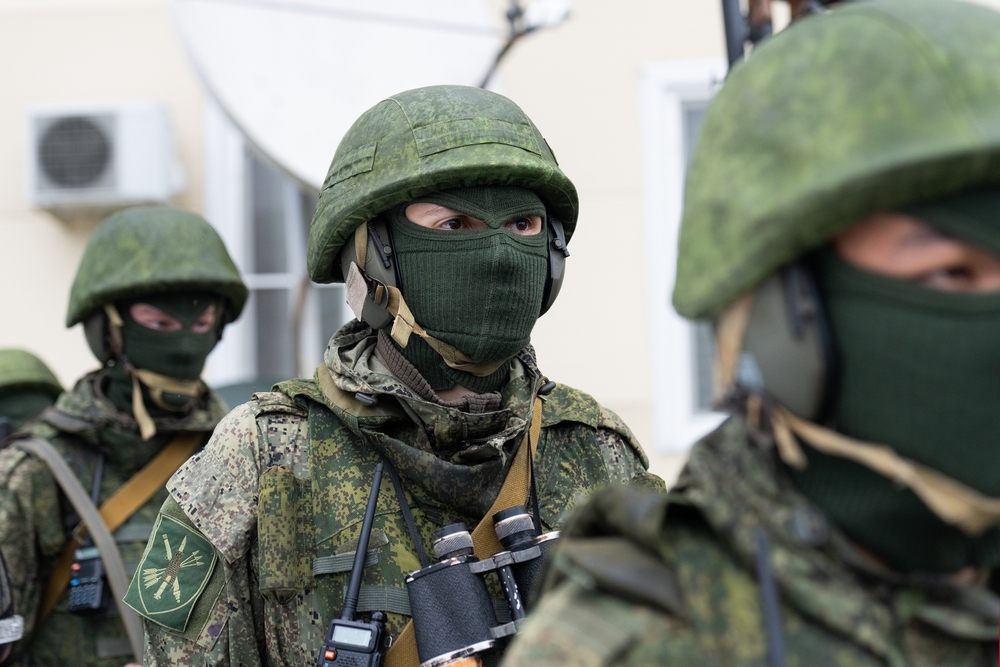
Petro Yatsenko, Ukraine’s spokesperson on prisoners of war, told the BBC that “most African states show little interest in the return of such citizens and do not wish to take them back.”
This raises fears about what will happen to those now held in Ukrainian camps.
Kremlin desperation drives global recruitment
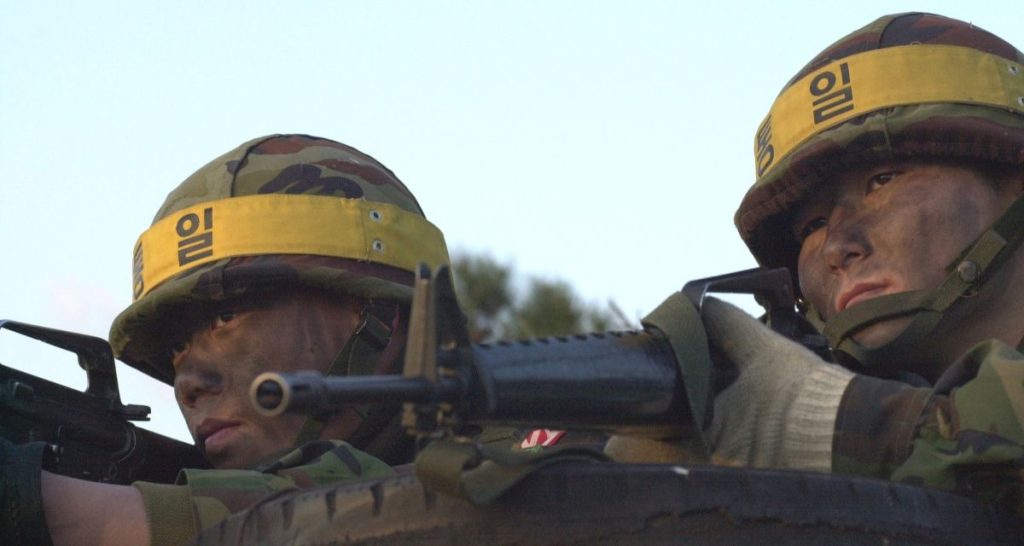
Experts say the scandal highlights how desperate Russia has become for manpower.
Also read
With high casualty rates and falling morale, the Kremlin is looking beyond its borders to fill its ranks.
The recruitment of vulnerable people abroad is a part of this process with soldiers from North Korea joining the fight earlier on.
Not the first case of duped foreign nationals
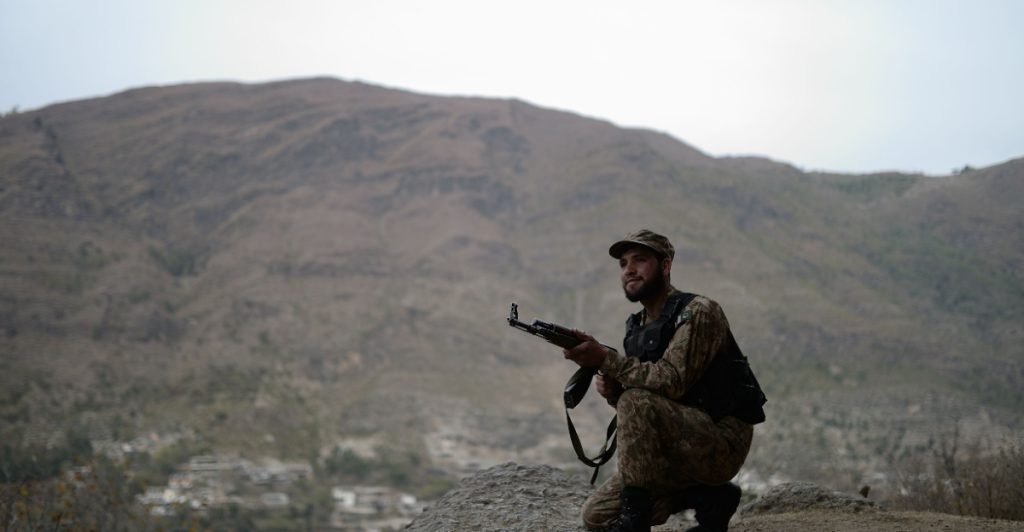
Hundreds of Indian nationals have previously complained about being recruited under false pretences for work in Russia.
Human rights groups warn that the pattern is spreading, with new victims targeted across Africa and Asia.
Kenyan government vows to investigate further
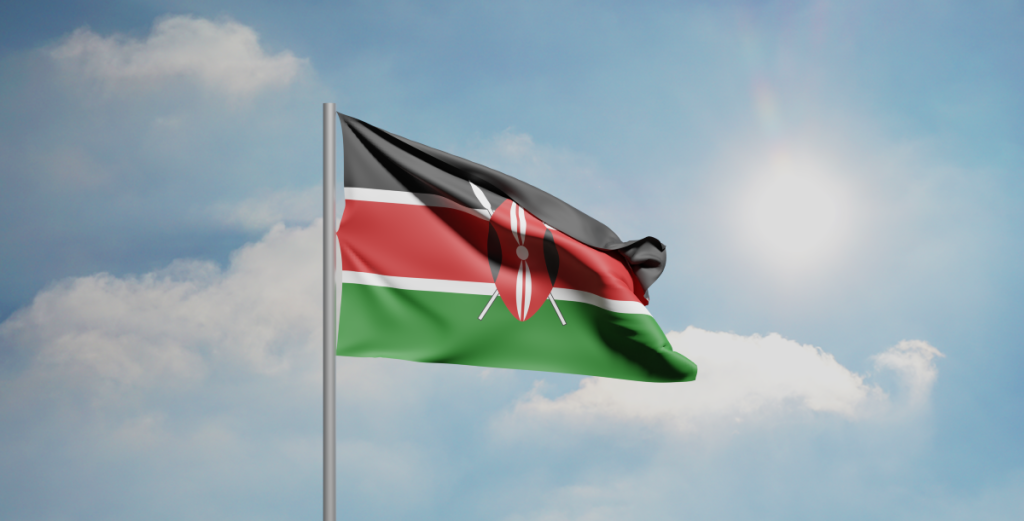
A senior official at Kenya’s foreign ministry has said the government is following up reports of citizens trafficked to Russia and now held as prisoners of war in Ukraine.
Also read
Authorities say they are working with families and international partners to bring people home.
Trafficking raises ethical and legal questions
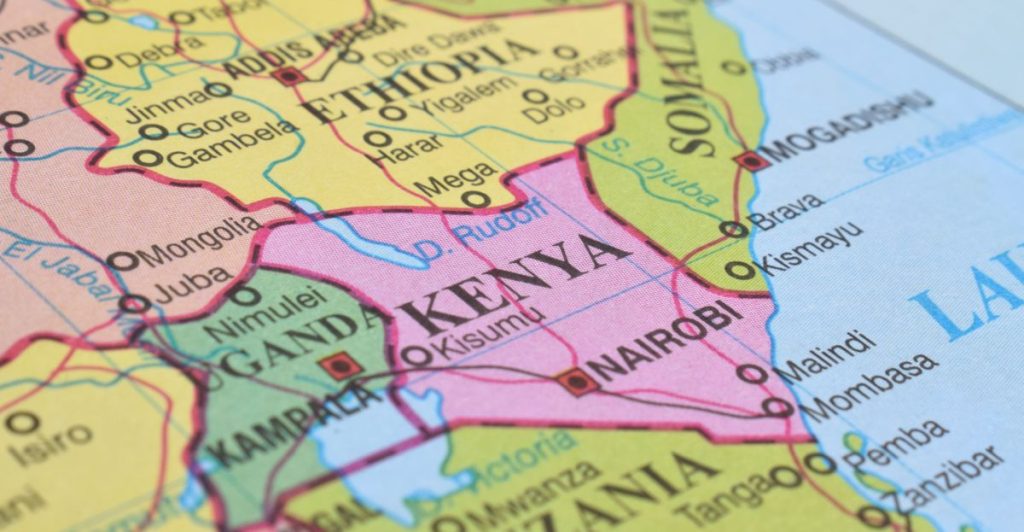
The revelations have shocked Kenyans, sparking debate over how such a network could operate so openly.
Activists are calling for tighter border controls and more public awareness to prevent vulnerable young men being drawn in by false promises.
A stark warning for would‑be recruits
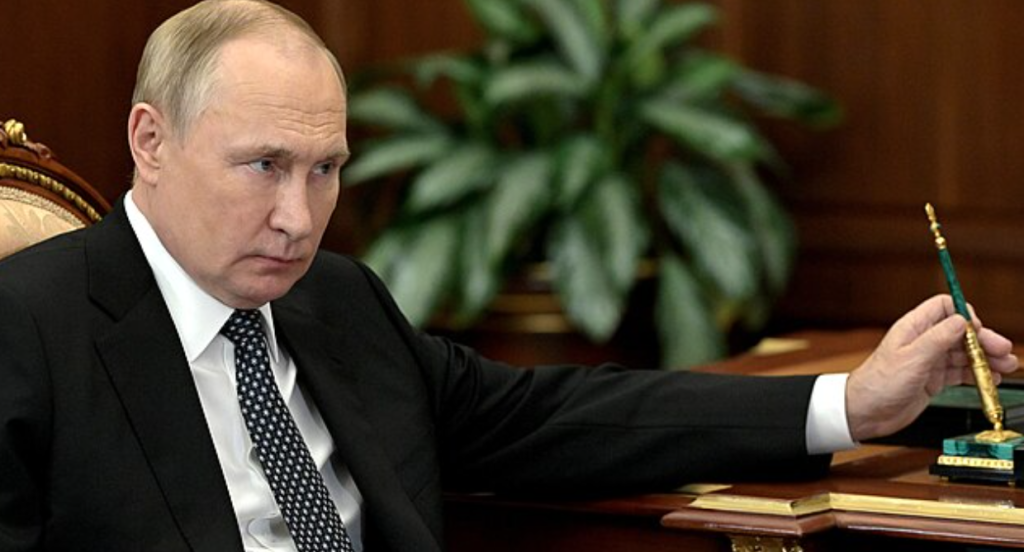
Officials and journalists alike are urging Africans to be wary of overseas job offers that seem too good to be true.
With Putin’s war dragging on, they say schemes like this may become more common — leaving desperate people caught in the crossfire of a foreign conflict.

